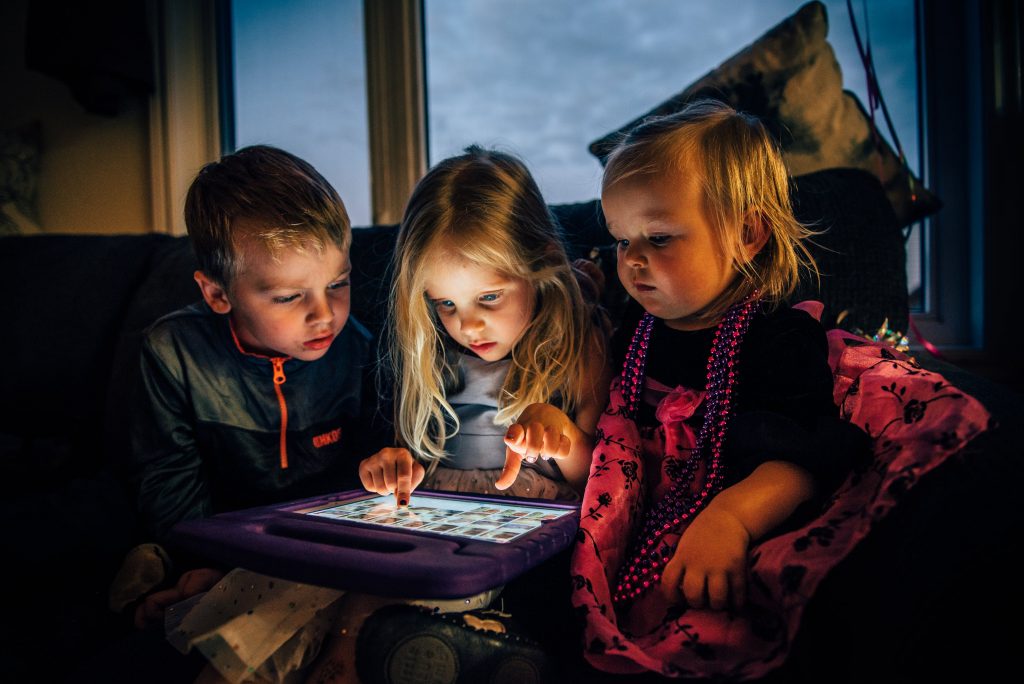Providing a safe place for children is the cornerstone of foster care. While foster care may provide a secure and protected environment, adapting to life in foster care can be challenging for children. One of the hallmarks of the innovative approach to foster care at One Family Illinois is the commitment to keep brothers and sisters together in a stable, single-family home in one of our Villages with full-time, professionally trained Foster Parents. It’s one of the many ways that One Family Illinois provides stability for the children in its care.

Transitions in Foster Care Lead to Instability
Children who enter foster care have many transitional adjustments to make. For a child placed in foster care for the first time, a foster home is an unknown environment with unknown people—a situation that is apprehensive for adults and scary for children.
Not only will a child move in with a new family, but he or she may also move to a different neighborhood, change schools, lose contact with old friends, be placed apart from one or more siblings and have limited contact with his or her biological parents. When everything they have known is taken away (even when it includes neglect or abuse), it may lead to trauma and anxiety.
Separation of Siblings in Foster Care
Historically, the traditional foster care model has often separated siblings, usually because a single family can’t accommodate them. It’s estimated that 87 percent of children in foster care have siblings, yet 75 percent are separated from at least one sibling.
Fear of losing siblings can lead to feelings of insecurity, depression, loneliness and anxiety. A significant factor that has been shown to help alleviate these fears is if siblings are placed together in a foster home. Research has also shown that sibling connections result in less feeling of loneliness, less behavioral problems, and a higher self-worth. Children that stay connected to their siblings are more resilient and do better dealing with the loss of parents. This allows for a degree of normalcy to continue for the children. Placing siblings together in foster care allows them to have each other to lean on during the time of unknowns that they experience within foster care and can lessen the trauma and isolation that the children will experience.
The Impacts of Sibling Separation
There appear to be many behavioral and psychological benefits and issues associated with separating foster siblings. Children entering foster care due to abuse and behavioral issues may display fewer behavioral problems compared to those who are separated from their siblings.
Research has demonstrated that mental and emotional wellbeing, linked to the positive implications of sibling’s relationships is the most critical benefit to foster siblings. According to Hegar & Rosenthal, 2011, children were reported to feel closer and more comfortable when living with their siblings at their foster home. Being close to a sibling improves the sense of belonging. Siblings living in different foster care units were reported to have more unstable lives.
Children that were kept with their siblings had a more positive and long-lasting relationship compared to those who were separated. Biological siblings who are in touch or raised together have higher self-esteem, social support, stronger relationships, and more successful professional lives as adults. Along with noted behavioral benefits, studies prove the profoundly positive impact of keeping foster kids together on academic performances along with overall behavioral and social dealing of routine issues.
As One Family Illinois commits to keeping siblings together in foster care, there are myriad ways you can help. Join us in providing children with the security and stability they need to flourish by considering becoming a full-time, professional Foster Parent. If foster parenting isn’t for you, you can still make a significant impact through donation, volunteering, joining our team as a case manager or administrative staff member, or participating in one of our fundraising events. By getting involved now, you help us ensure that children in our care can remain with their siblings, flourish as a family, and have an increased chance of lifelong success!